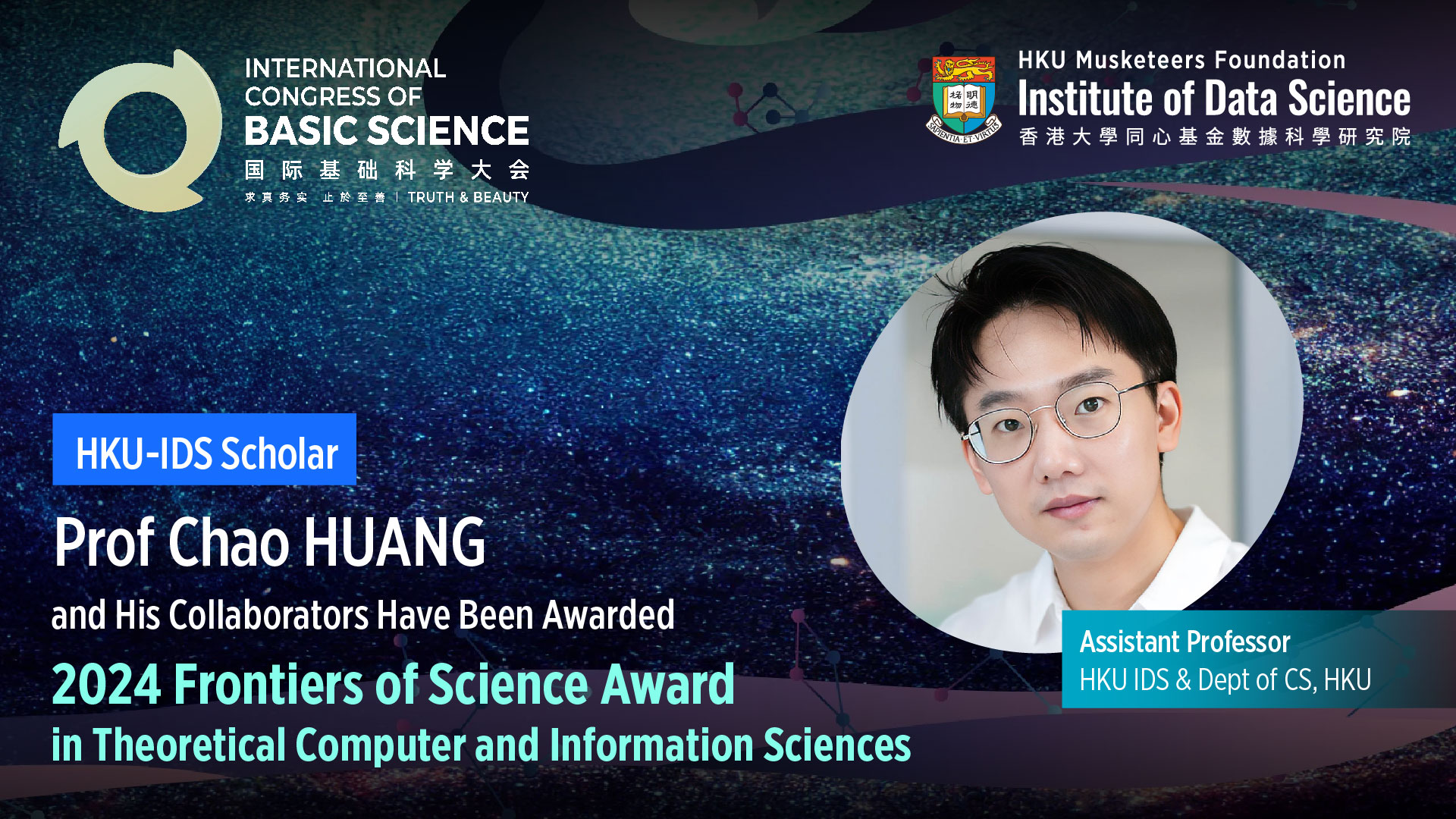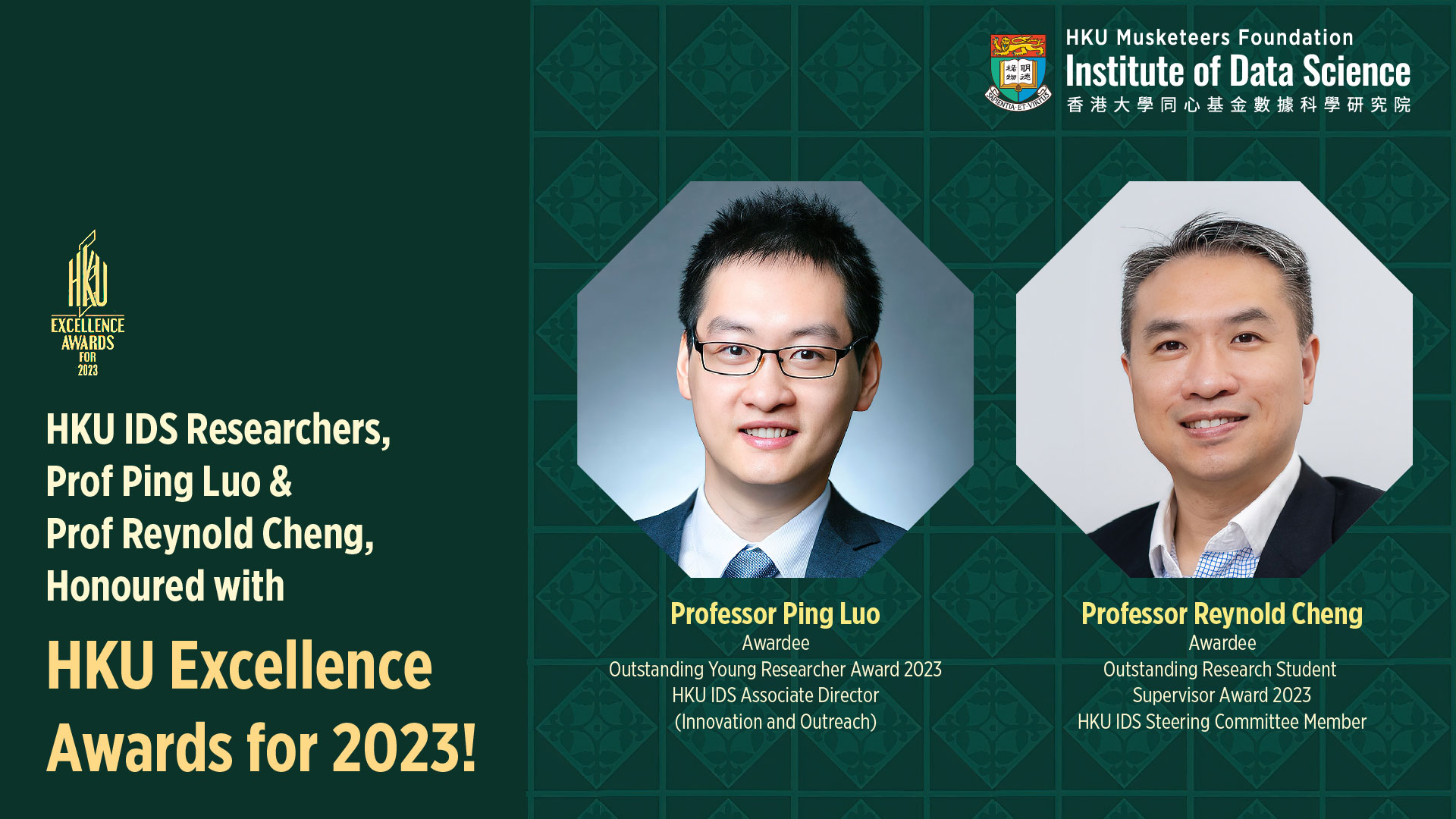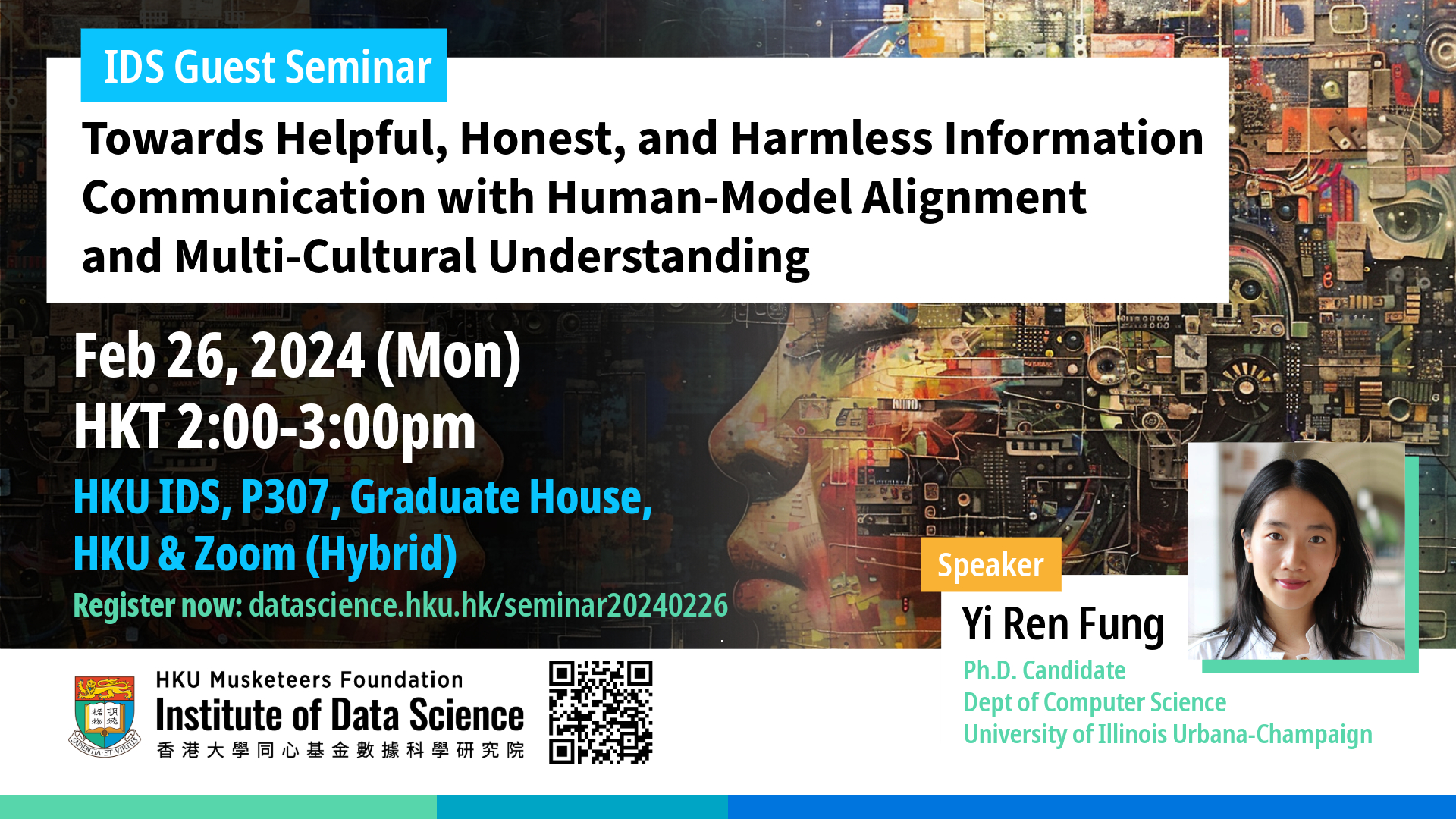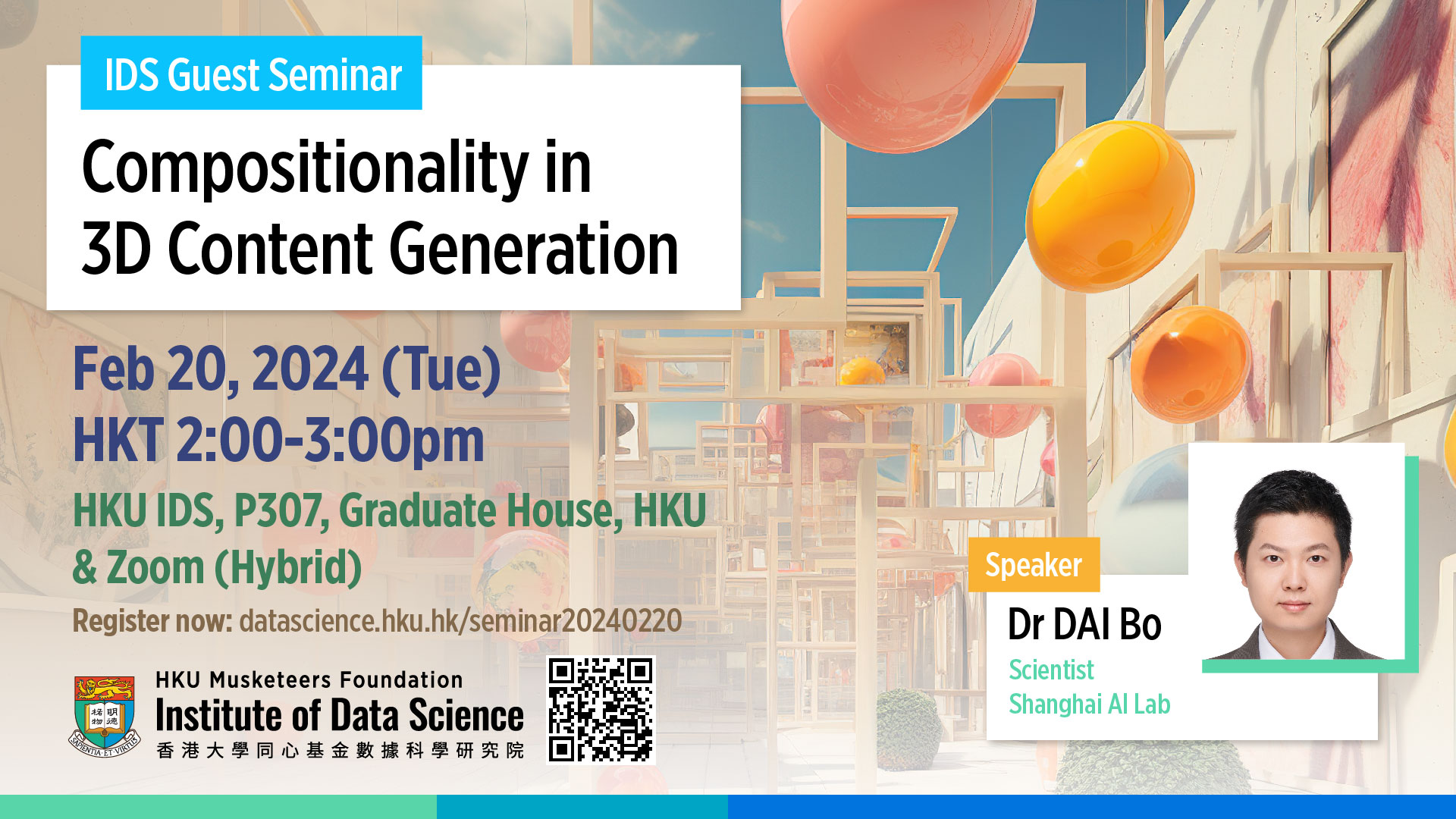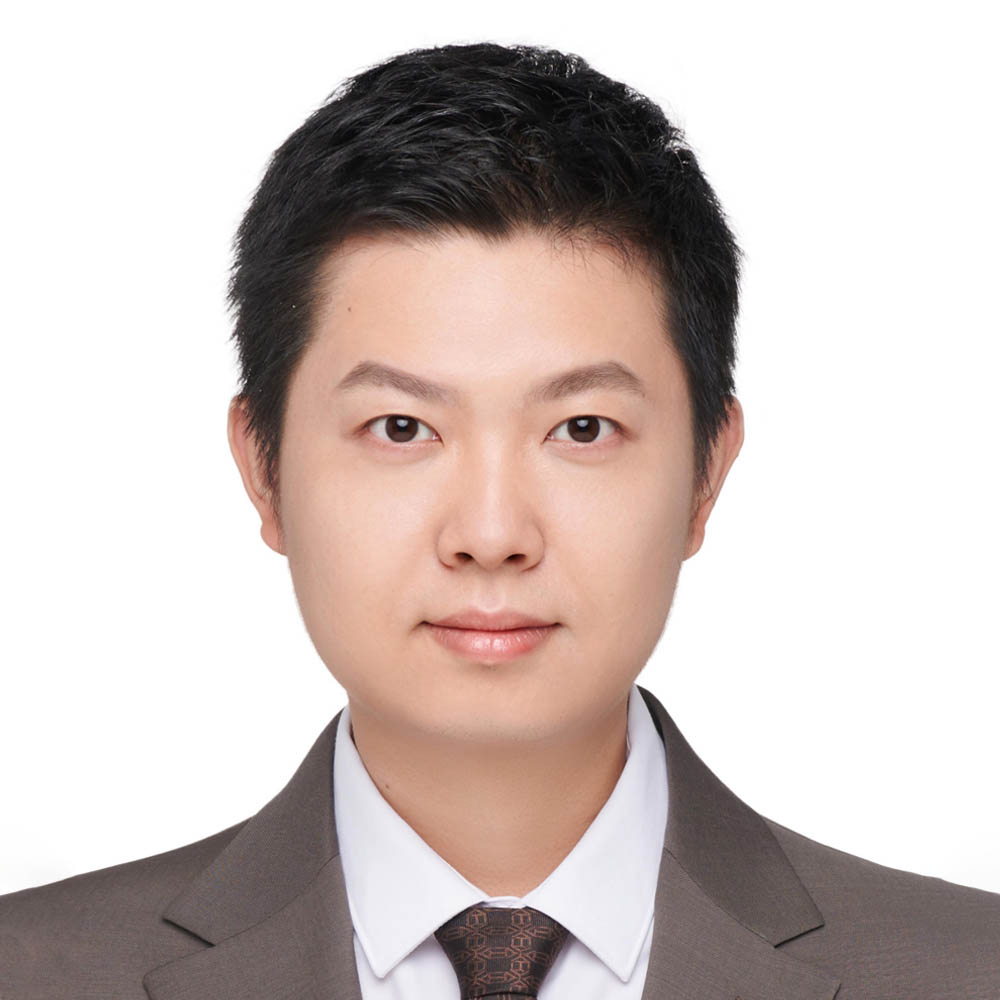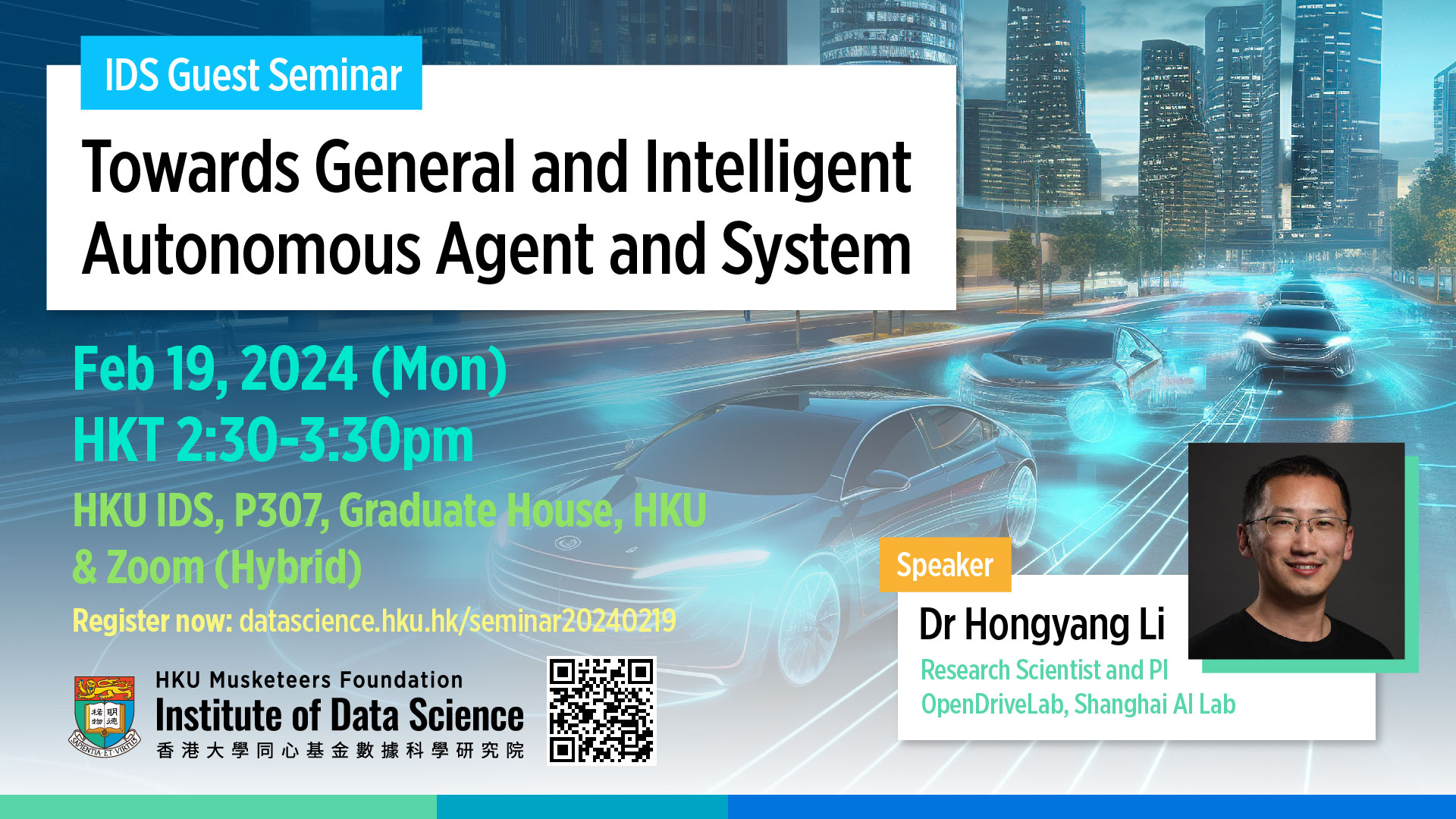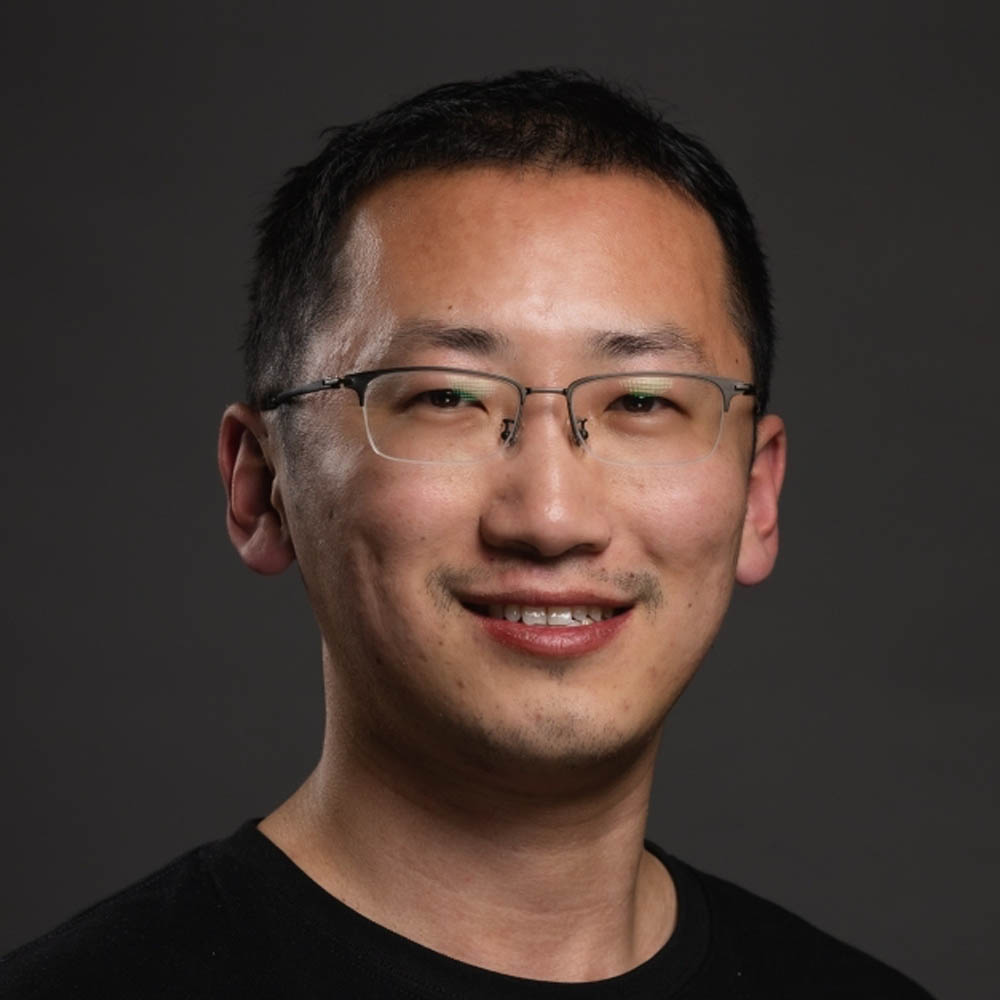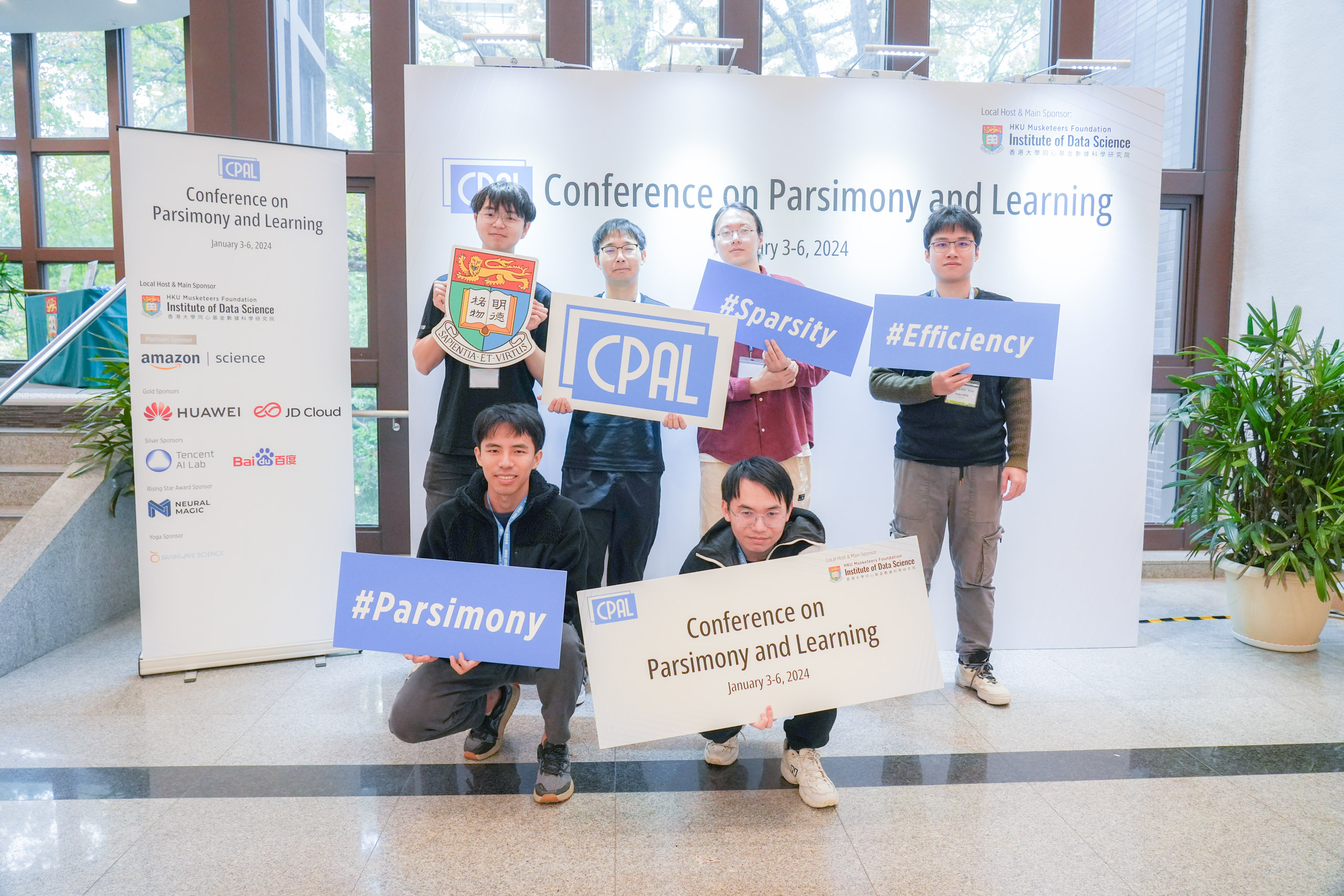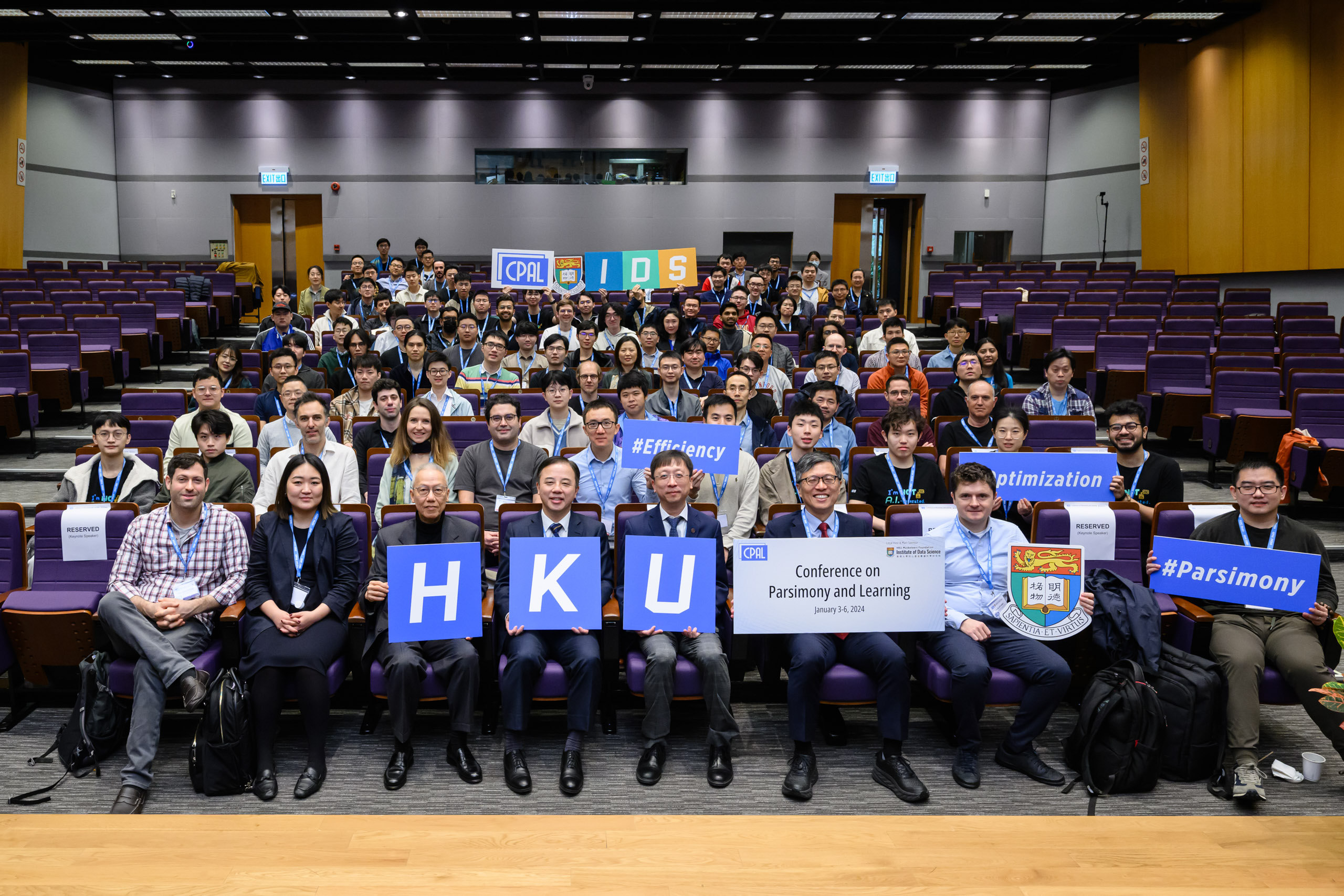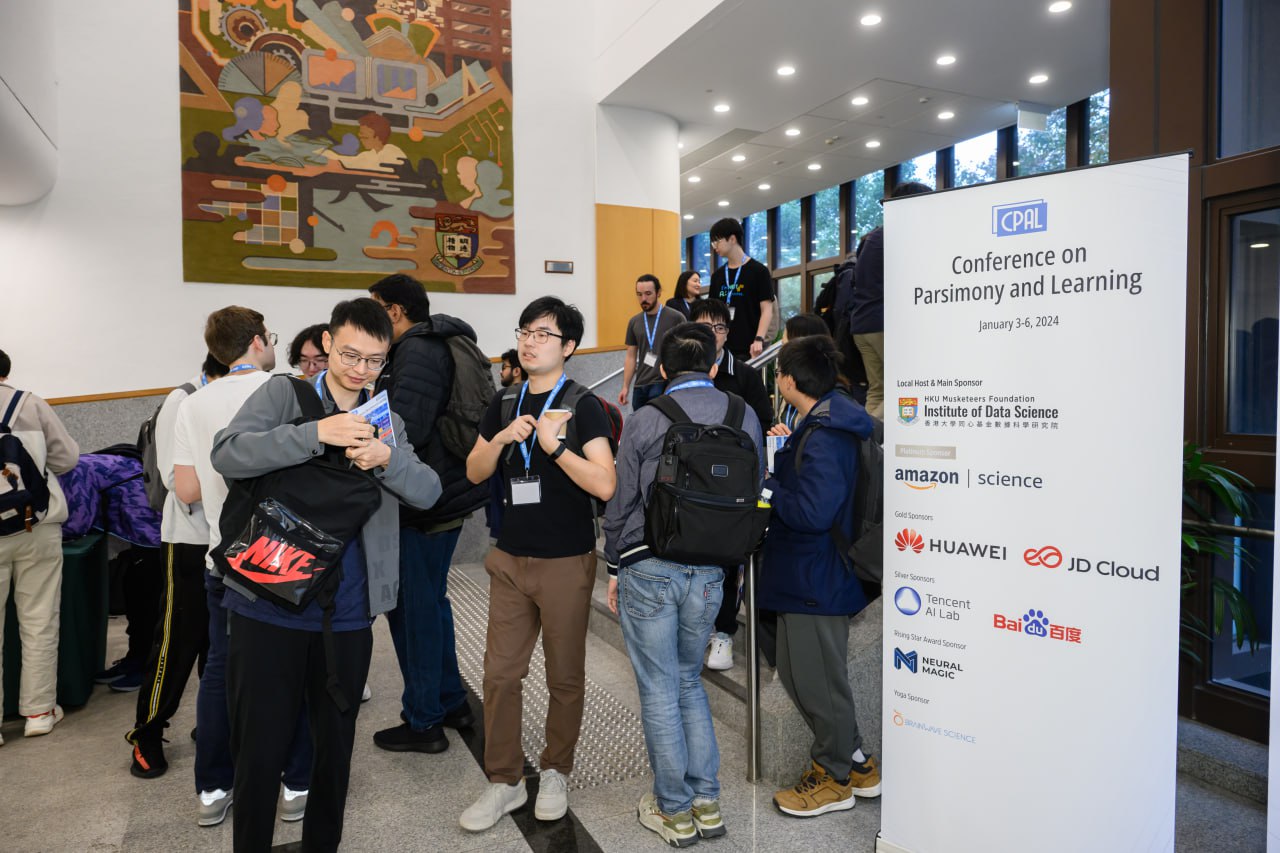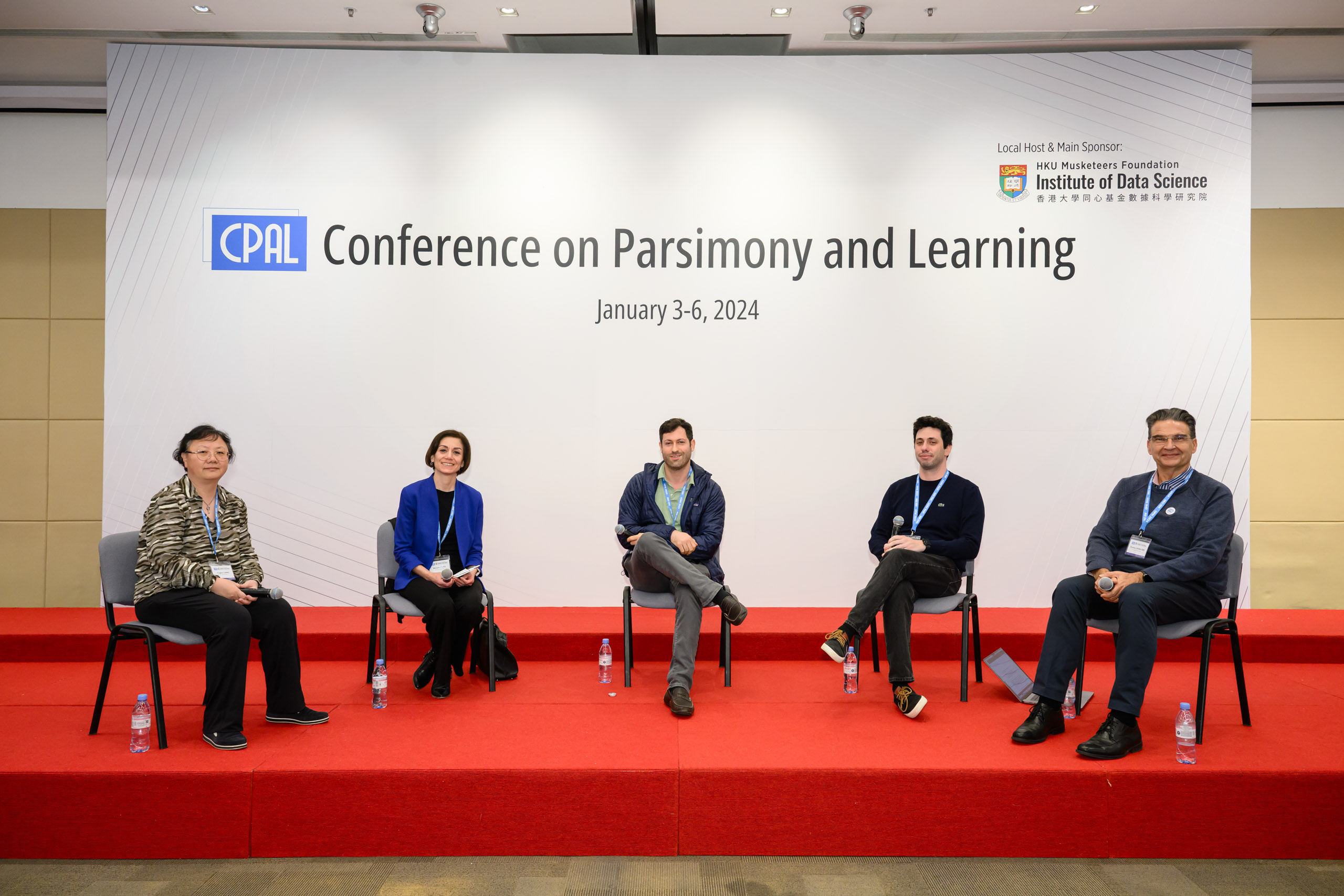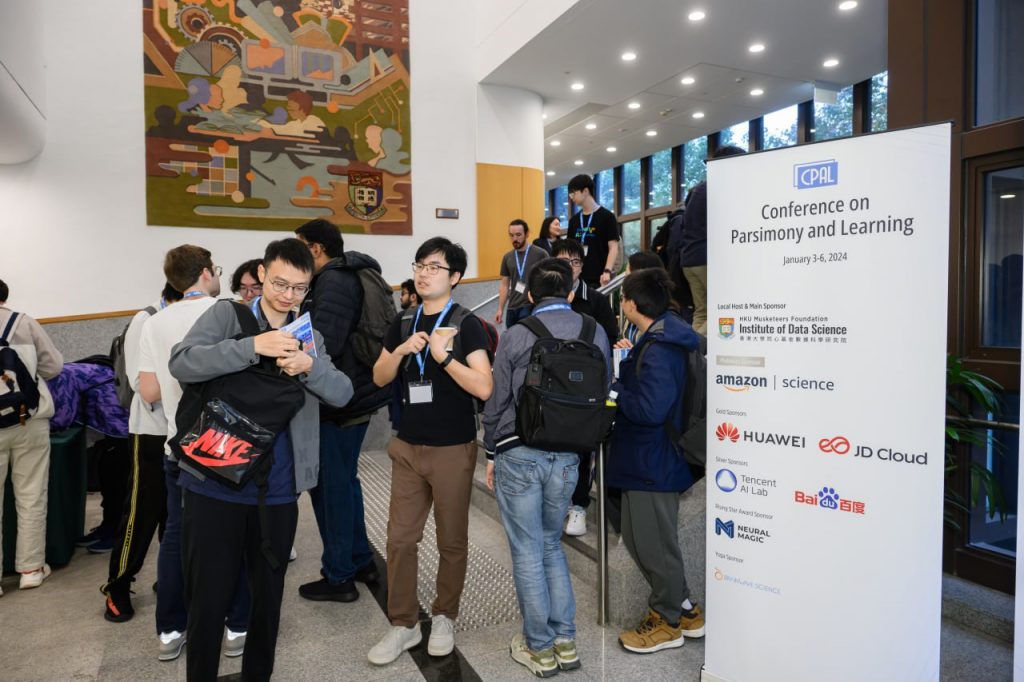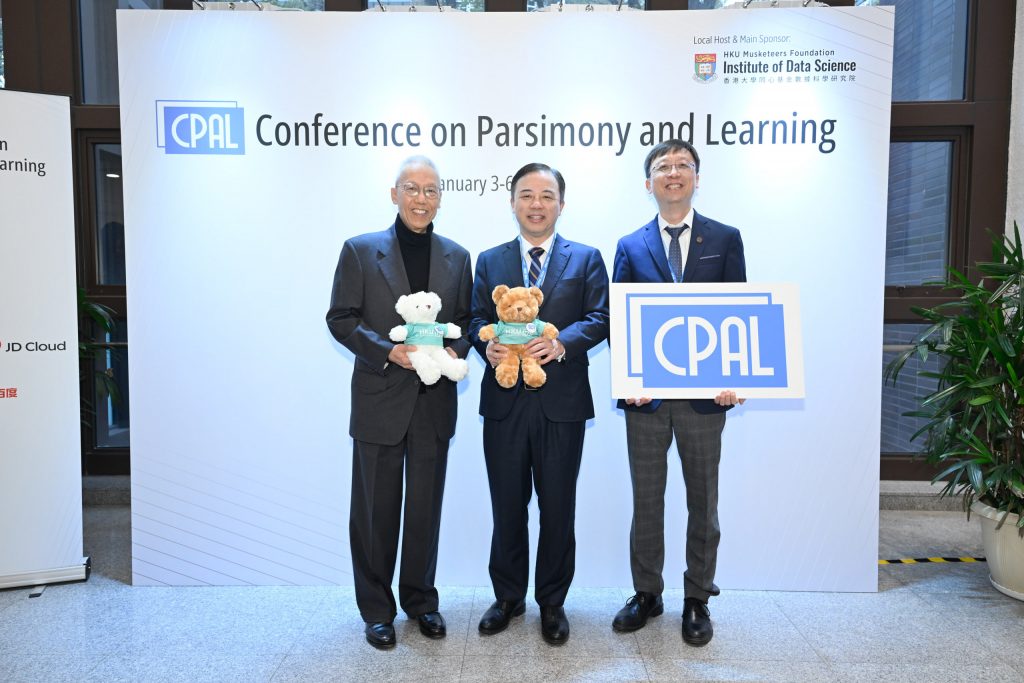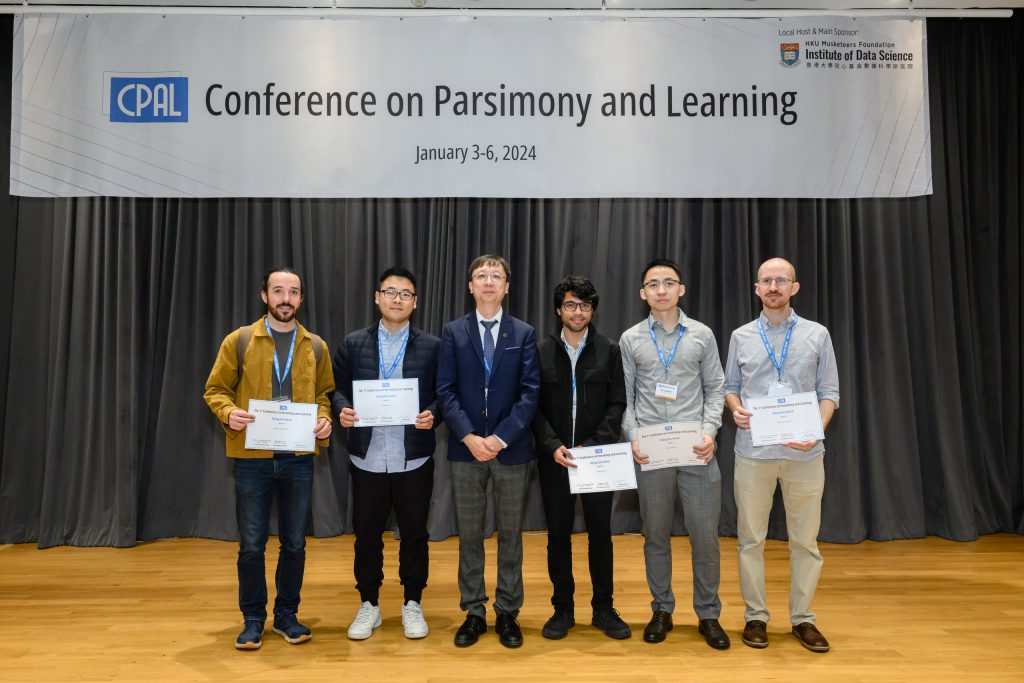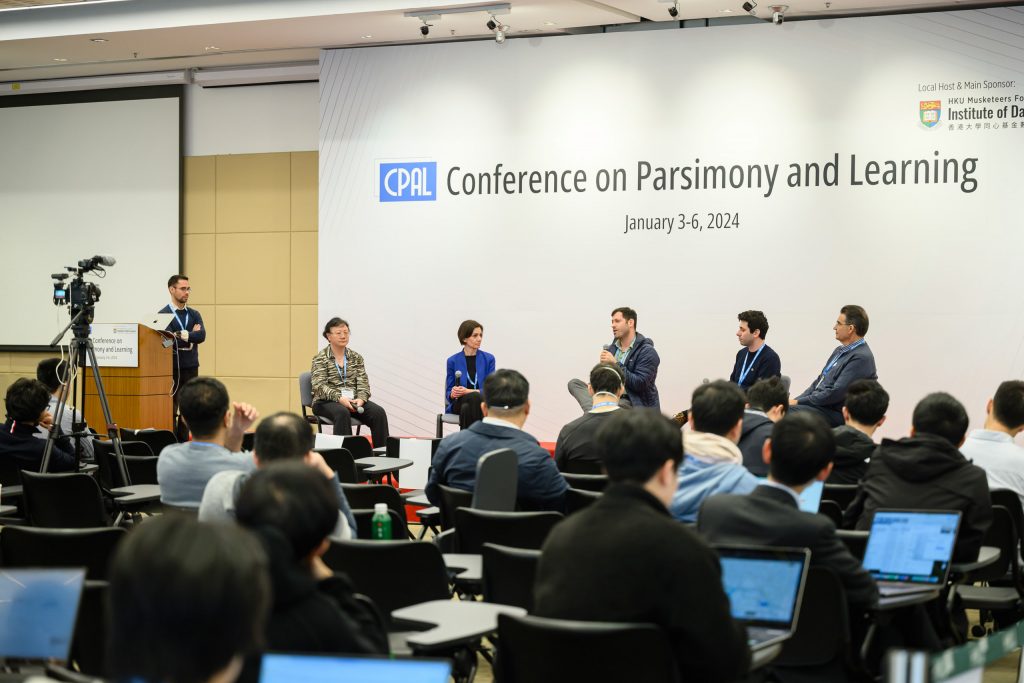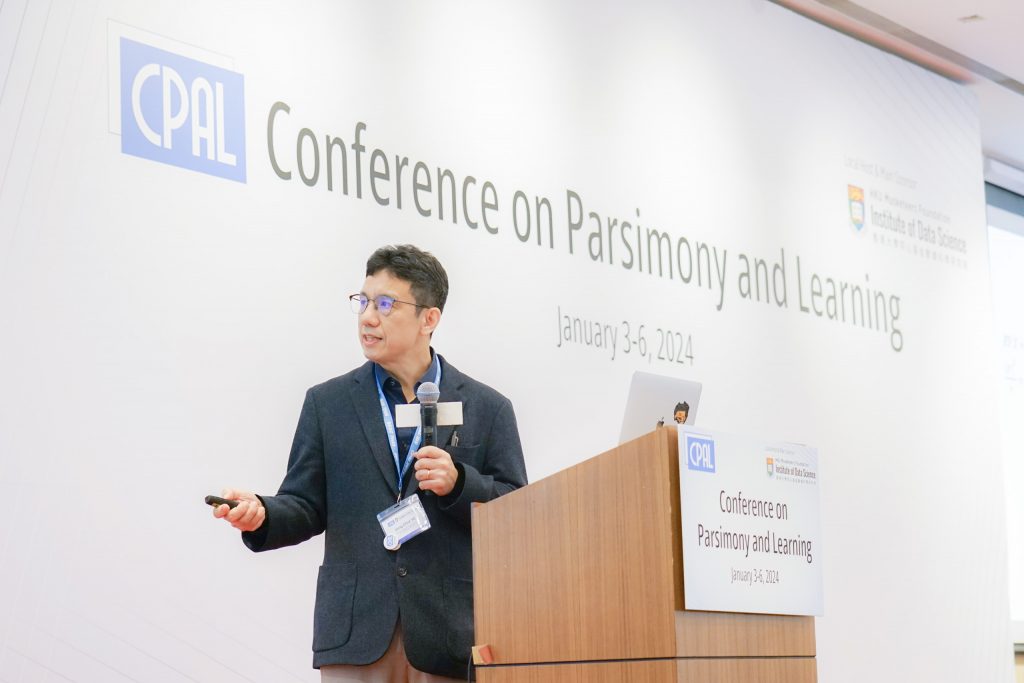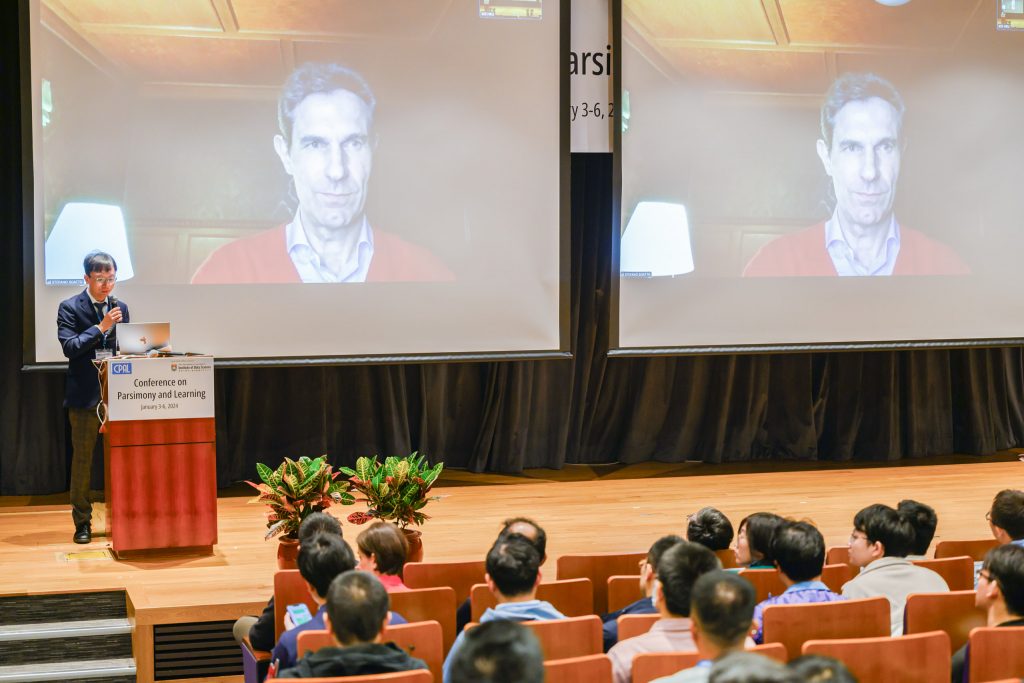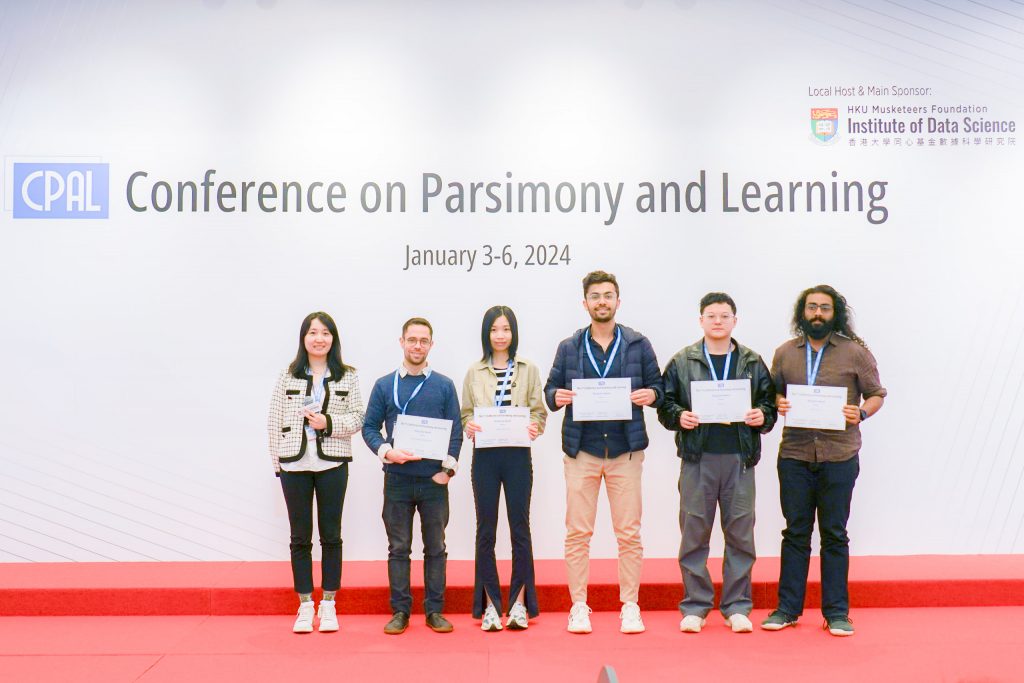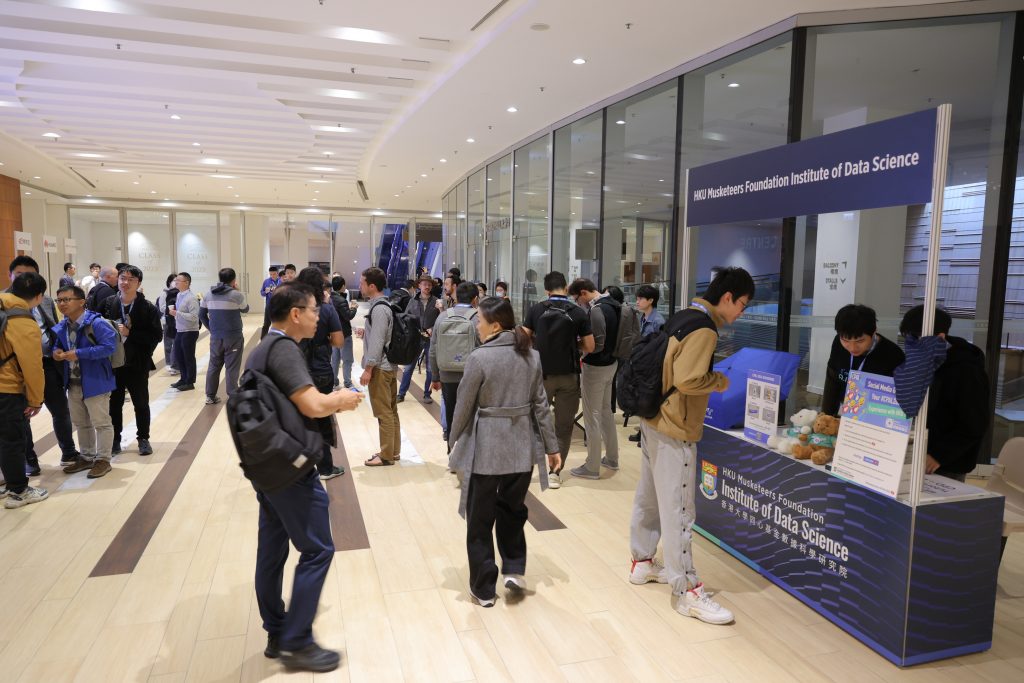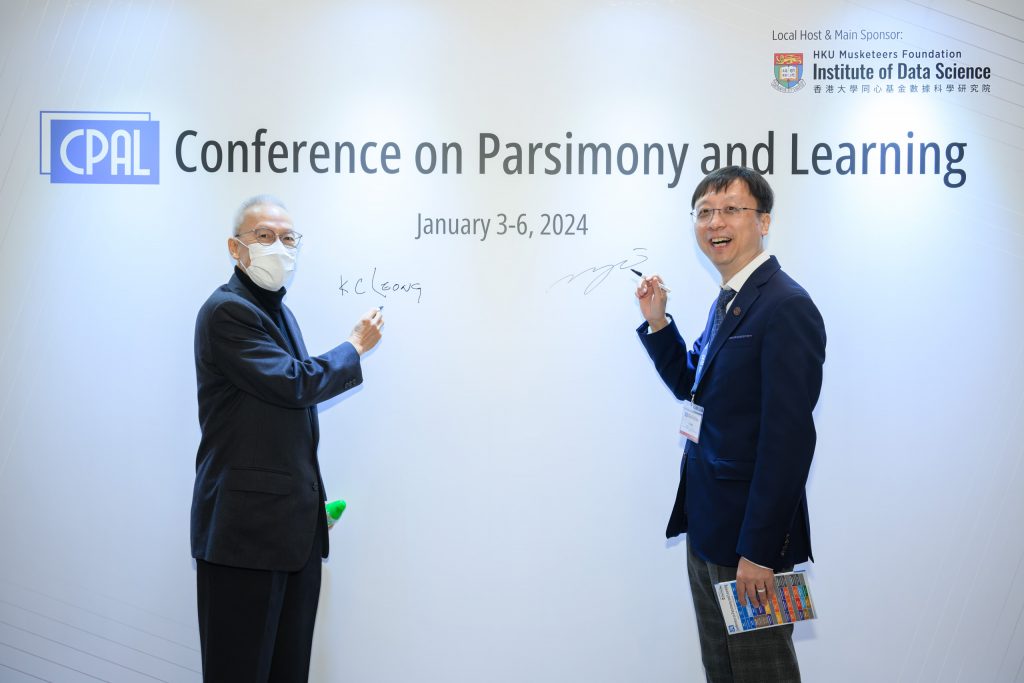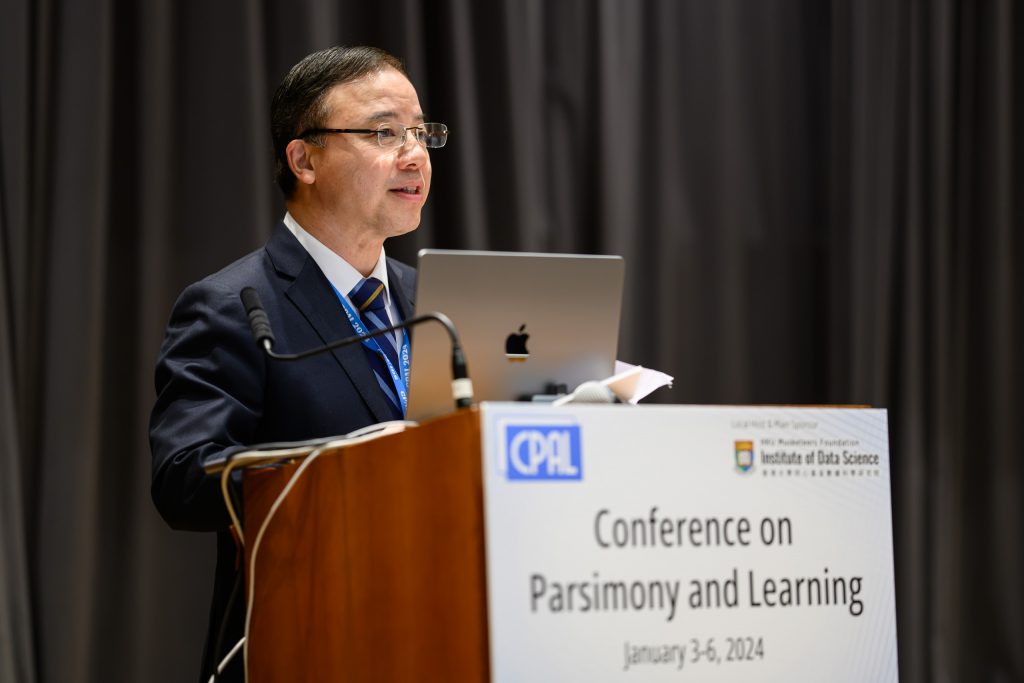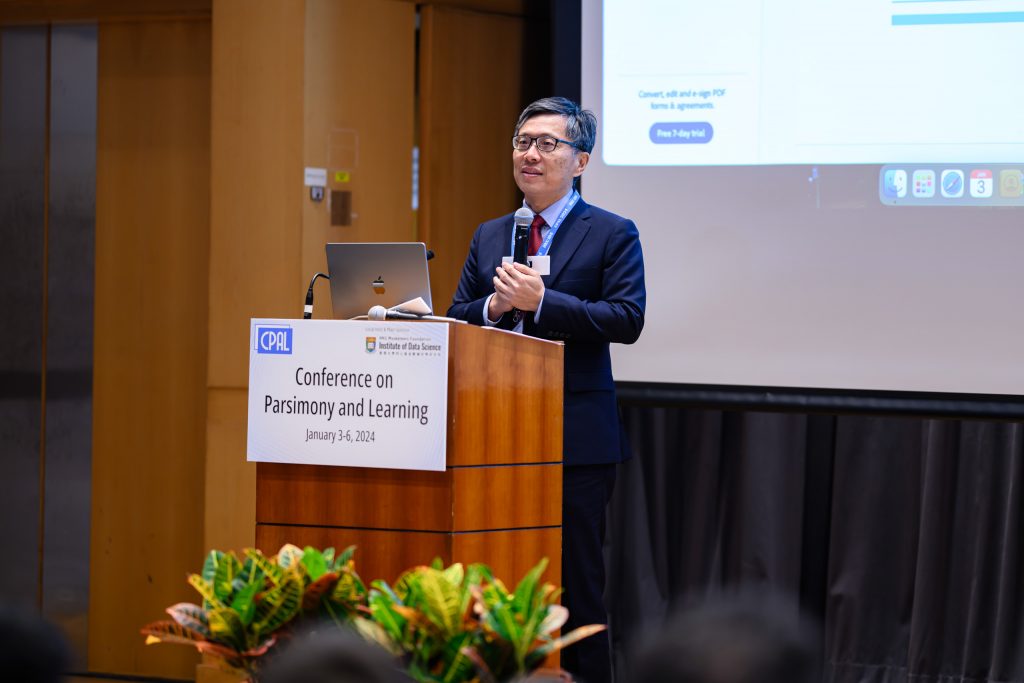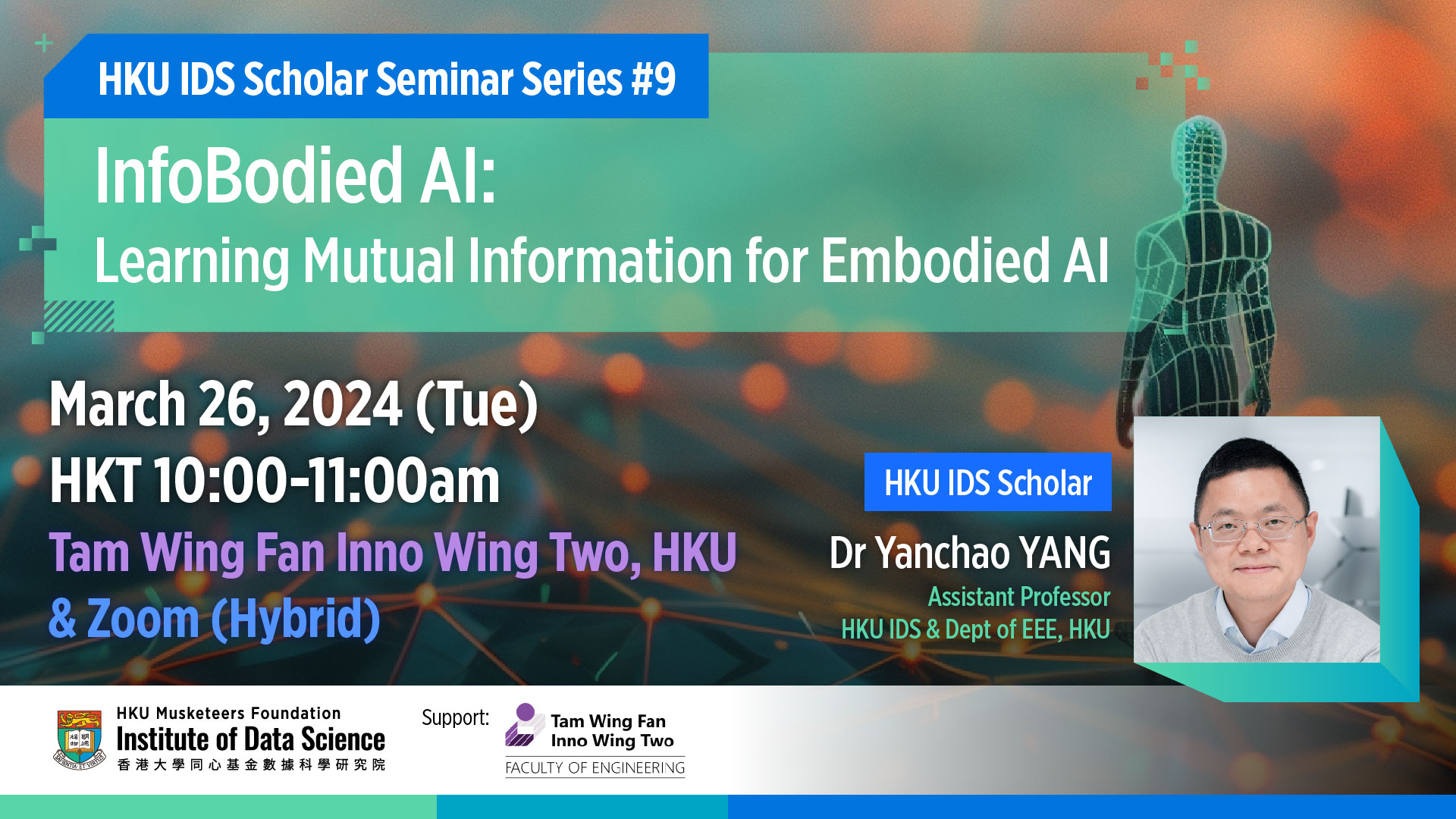
Mode: Hybrid. Seats for on-site participants are limited. A confirmation email will be sent to participants who have successfully registered.
Abstract
Embodied AI strives to create agents capable of learning and tackling complex tasks involving physical interactions, with potential applications in many areas, such as housekeeping, caregiving, and logistics. Such agents must be able to perceive their environment, construct scene representations, and carry out reasoning and actions to accomplish task-specific goals. However, existing learning approaches rely on human annotations or unrealistic simulations, leading to generalization problems in the real world. Thus, it is crucial to equip embodied agents with the ability to autonomously learn from real-world data, minimizing reliance on human supervision and enabling adaptability to new tasks. We propose that the key to autonomous learning of embodied agents is the mutual correlations in the unlabeled data. In this presentation, we will talk about how we can efficiently compute mutual correlations of data by developing novel neural estimators. We will also show how these freely available mutual correlations can help reduce human annotation effort in learning label-efficient perception, scene representation, and grounded concepts for generalizable interaction policies. We hope leveraging mutual correlations in the unlabeled data will empower embodied agents to learn in unseen environments and automatically acquire novel interaction skills.
Speaker

Dr Yanchao Yang is an Assistant Professor at HKU with the Department of Electrical and Electronic Engineering and the HKU Musketeers Foundation Institute of Data Science (HKU IDS). He does research in Embodied AI and is interested in self-supervised and semi-supervised techniques that allow autonomous agents to learn at low-annotation regimes. His long-term goal is to design learning algorithms that enable autonomous agents to continuously acquire object-centric representations through active perception with multimodal signals for compositional scene understanding and reasoning. His recent effort is to leverage information-theoretic tools to promote label-efficient perception, scene representation, and policy learning for embodied intelligence.
For full biography of Dr. Yang, please refer to: https://datascience.hku.hk/people/yanchao-yang/
Moderator

Professor Yi Ma is a Chair Professor in the Musketeers Foundation Institute of Data Science (HKU IDS) and Department of Computer Science at the University of Hong Kong. He took up the Directorship of HKU IDS on January 12, 2023. He is also a Professor at the Department of Electrical Engineering and Computer Sciences at the University of California, Berkeley. He has published about 60 journal papers, 120 conference papers, and three textbooks in computer vision, generalized principal component analysis, and high-dimensional data analysis.
Professor Ma’s research interests cover computer vision, high-dimensional data analysis, and intelligent systems. For full biography of Professor Ma, please refer to: https://datascience.hku.hk/people/yi-ma/
For information, please contact:
Email: datascience@hku.hk
- March 19, 2024
- Events, Gallery, What's New
- HKU IDS Scholar Seminar Series

